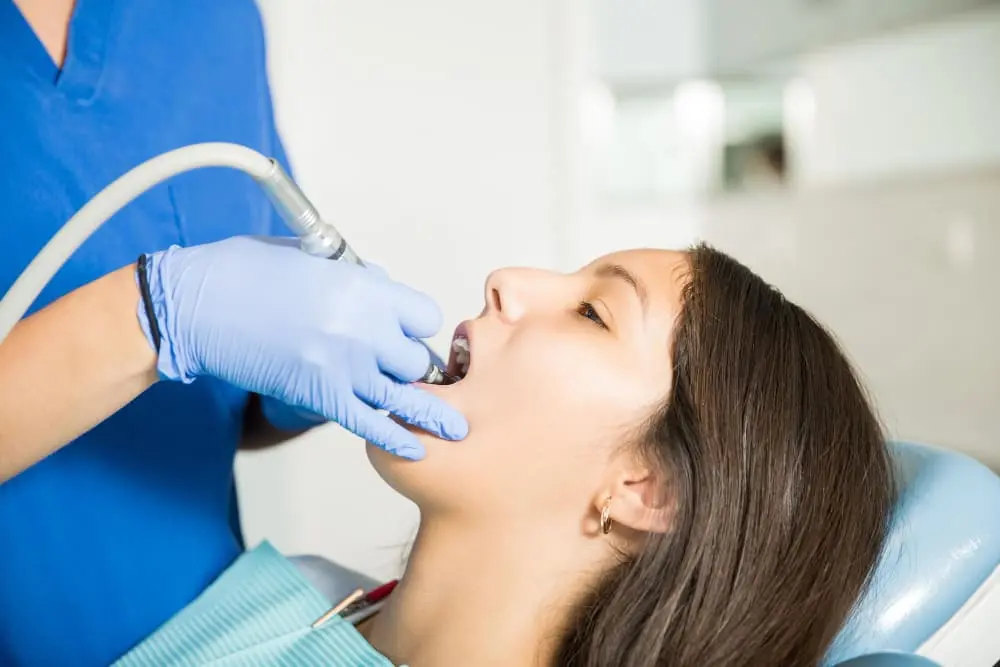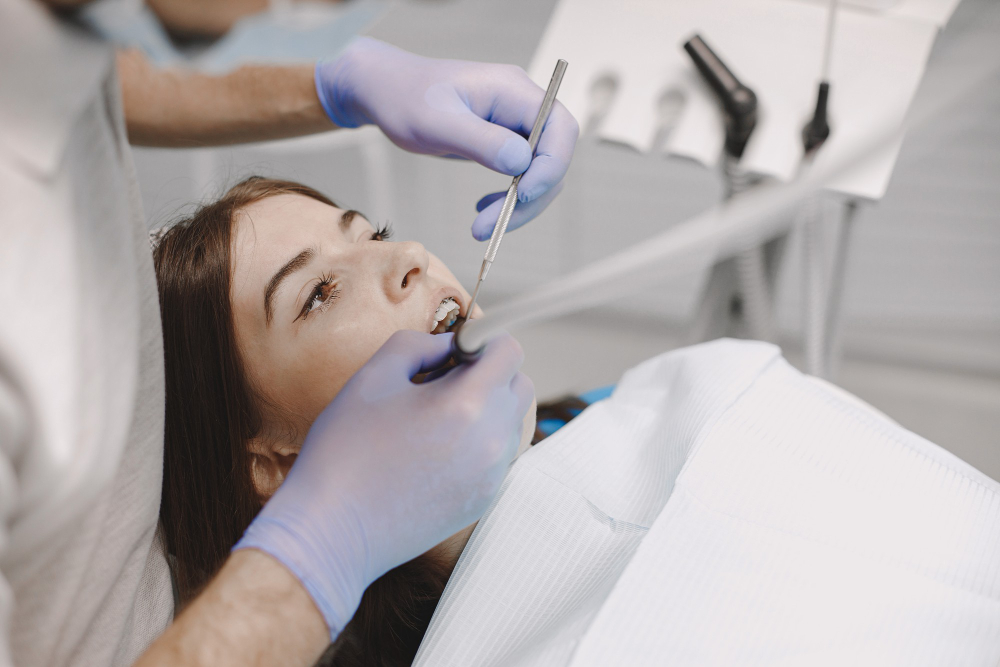

Third molars, or wisdom teeth, usually erupt in the late teens or early twenties. While some people experience no issues with their wisdom teeth, others may encounter various problems that require attention. In this blog, we’ll delve into the common wisdom tooth problems, their symptoms, and effective solutions to alleviate discomfort and maintain oral health.
As the last set of molars to emerge, wisdom teeth often encounter space limitations or erupt at an angle, leading to a host of potential issues.
Let’s explore some of the most prevalent wisdom tooth problems and their associated symptoms:
Impacted wisdom teeth occur when there is insufficient space in the jaw for the teeth to fully erupt or emerge in the correct position. Symptoms may include pain, swelling, difficulty opening the mouth, or a sensation of pressure in the back of the mouth. Left untreated, impacted wisdom teeth can lead to complications such as infection, gum disease, or damage to adjacent teeth.
You will be interested on: Wisdom Teeth Removal in Dubai
The eruption of wisdom teeth can exert pressure on surrounding teeth, causing crowding or misalignment. Individuals may notice changes in their bite, difficulty flossing or cleaning between teeth, or the appearance of overlapping or crooked teeth. Orthodontic evaluation and treatment may be necessary to address crowding and restore proper alignment.
Pericoronitis is inflammation of the gum tissue surrounding a partially erupted wisdom tooth. Symptoms may include pain, swelling, redness, and difficulty chewing or swallowing. Good oral hygiene practices, including gentle cleaning around the affected area and warm saltwater rinses, can help alleviate symptoms. In some cases, antibiotics or surgical intervention may be necessary to resolve pericoronitis.
Keep reading: Smile Makeover in Dubai
Wisdom teeth that are difficult to clean due to their position or alignment may be more susceptible to tooth decay and gum disease. Symptoms may include tooth sensitivity, pain while chewing, swollen or bleeding gums, or the formation of abscesses. Regular dental check-ups, thorough oral hygiene practices, and professional cleanings can help prevent tooth decay and gum disease associated with wisdom teeth.
Addressing wisdom tooth problems typically involves a combination of preventive measures, symptom management, and, in some cases, dental intervention.
Routine dental visits allow dentists to monitor the development and positioning of wisdom teeth and identify potential issues early on. X-rays may be used to assess the alignment of wisdom teeth and detect any signs of impaction or overcrowding. Early intervention can help prevent complications and minimize the need for invasive treatments.
You will be interested on: Digital Smile Design in Dubai
Maintaining good oral hygiene is essential for preventing and managing wisdom tooth problems. Brushing twice a day with fluoride toothpaste, flossing daily, and using an antiseptic mouthwash can help remove plaque and bacteria, reducing the risk of tooth decay and gum disease. Paying special attention to cleaning around the back molars, including wisdom teeth, can help prevent inflammation and infection.
Over-the-counter pain relievers such as ibuprofen or acetaminophen can help alleviate discomfort associated with wisdom tooth problems. Rinsing with warm saltwater or applying a cold compress to the outside of the jaw can also provide temporary relief from pain and swelling. Avoiding hard or crunchy foods and opting for soft, easy-to-chew options can reduce irritation and inflammation around wisdom teeth.
Keep reading: Root Canal Treatment in Dubai
In cases where wisdom tooth problems persist or worsen, dental intervention may be necessary. This can include procedures such as wisdom tooth extraction, which involves removing one or more wisdom teeth to alleviate pain, prevent complications, and preserve oral health. Dentists or oral surgeons will assess the specific situation and recommend the most appropriate treatment plan based on individual needs and circumstances.

Wisdom tooth problems are common and can cause discomfort and complications if left untreated. By understanding the symptoms of common wisdom tooth problems and implementing effective preventive measures and treatments, individuals can maintain optimal oral health and avoid potential complications associated with wisdom teeth. Remember to consult with a dentist or oral health professional for personalized guidance and treatment recommendations tailored to your unique needs and concerns.